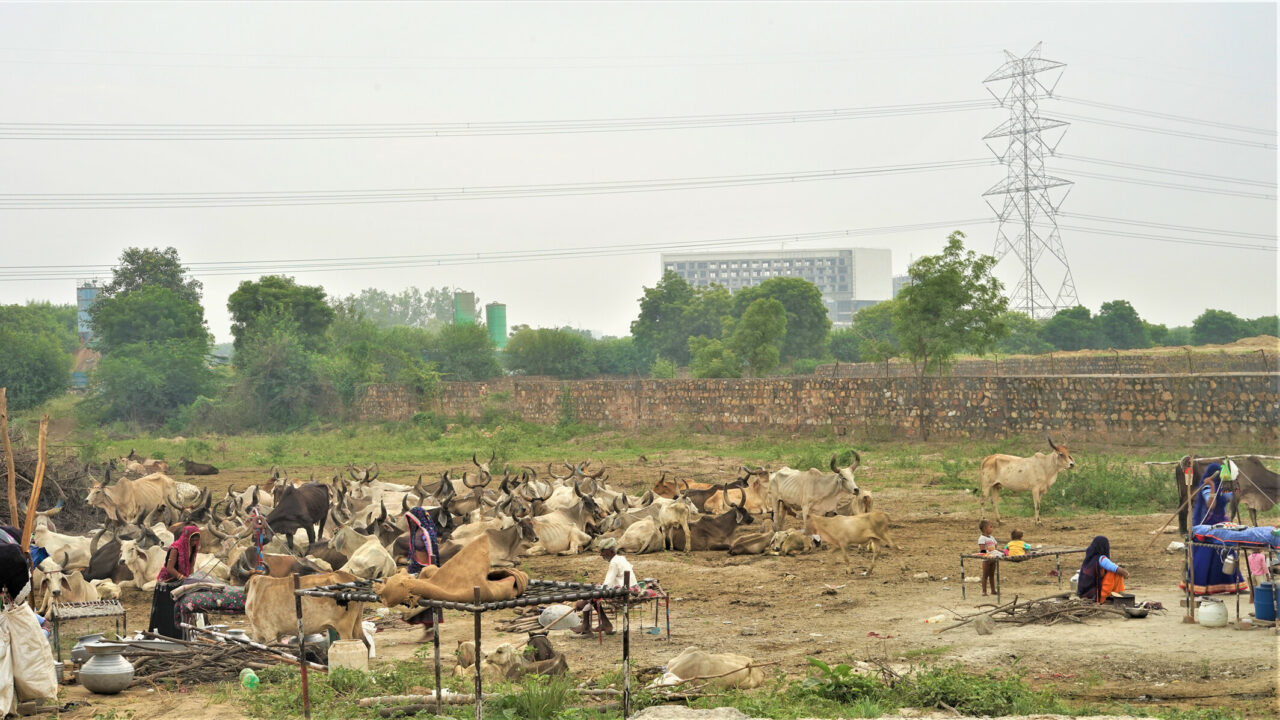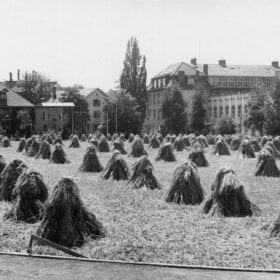
Nitin Bathla
2024
Full text
Amid the ongoing transformation of agrarian territories in peripheral geographies across the world through extended urbanisation, this paper delves into the persistence of peasant and pastoral strategies amidst the closing down effects of land enclosure and fragmentation.
Based on ethnographic research conducted with transhumant pastoralists in Delhi National Capital Region, this paper finds that instead of diminishing under agrarian-urban transformation, pastoralists reassign use value to the fallows, wastelands, and surpluses of real estate speculation, thereby crafting a transhumance urbanism beyond the sedentary ontology of land and property. Understood as an urban otherwise, this urbanism remakes the fragments of material incompletion inherent within the agrarian-urban transformation, offering socio-ecological alternatives beyond the current impasse. The paper discusses the tentative, unsettled, and transient nature of this urbanism, which is always inter-mixed with its non-urban other. Contributing further to the scholarship emerging at the interstices of urban and agrarian studies, this paper calls for further comparative research on the territorial adaptation of peasant and pastoral populations routinely excluded from capitalist urbanisation processes unfolding in peripheral regions where sizeable itinerant populations coexist with extreme pressures of land enclosure.
Published in: ANTIPODE, A Radical Journal of Geography, Volume56, Issue6, November 2024, Pages 2000-2020.
